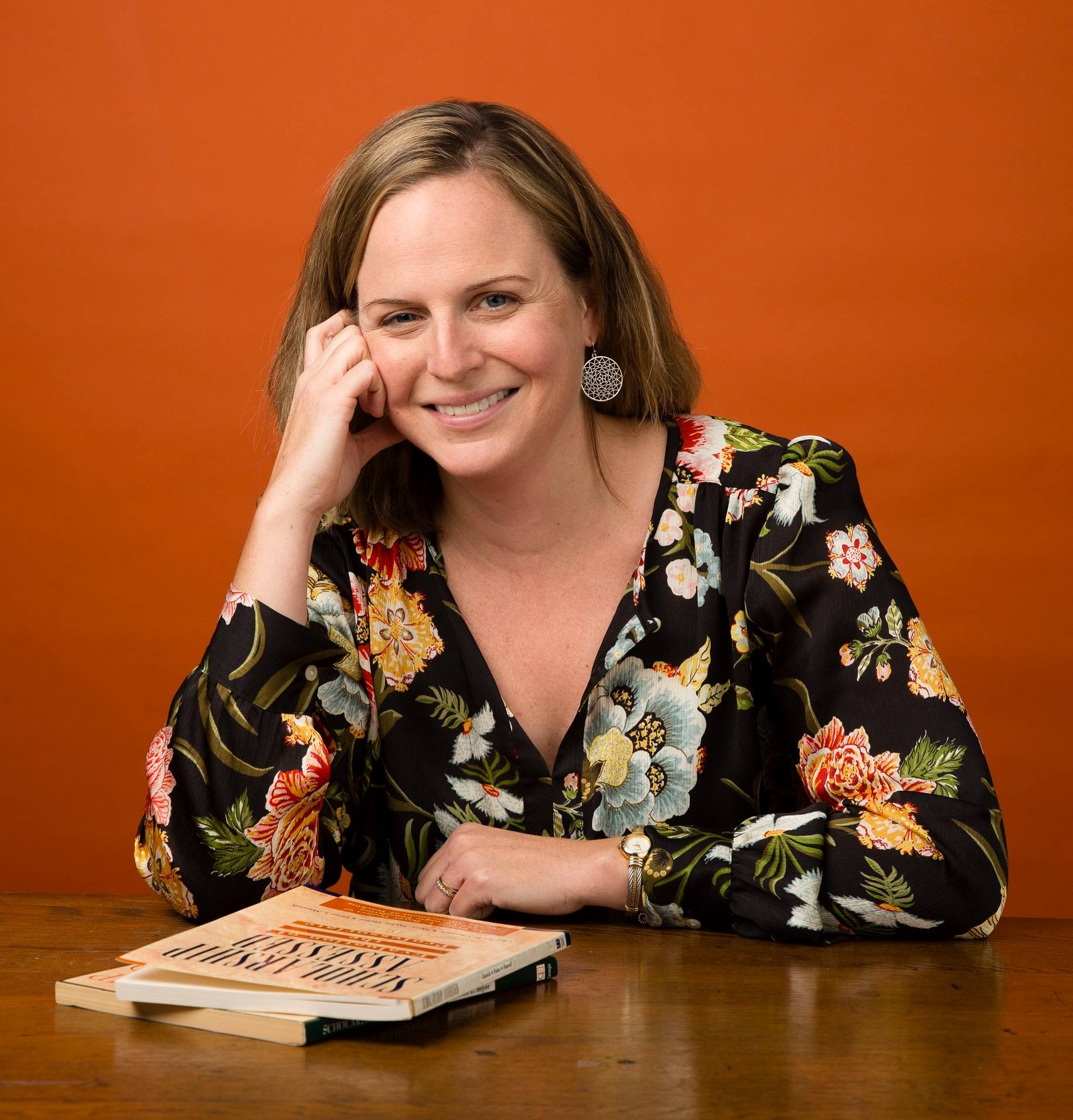Humanizing Teaching and Learning through Pedagogical Partnership
An ever-expanding body of evidence demonstrates benefits of pedagogical partnerships for student and faculty development and learning. Student and faculty partners consistently report enhanced empathy for each other, informed by insights into each other as humans and the complexities inherent to learning and teaching. During this challenging time for our institutions, as we support student learning after a global pandemic in the context of complicated socio-political campus dynamics, might pedagogical partnerships provide a way forward, grounded in principles of empathy, co-learning, and relationships? This keynote will provide an overview of pedagogical partnership before presenting the Being Human in STEM initiative, a student-faculty-staff partnership that arose from a campus protest and has now been adapted across the country. What can be learned from this experience, of partnering with students and helping students partner with others, to inform how we help our institutions, our students, and ourselves prioritize relationships, empathy, and care?












